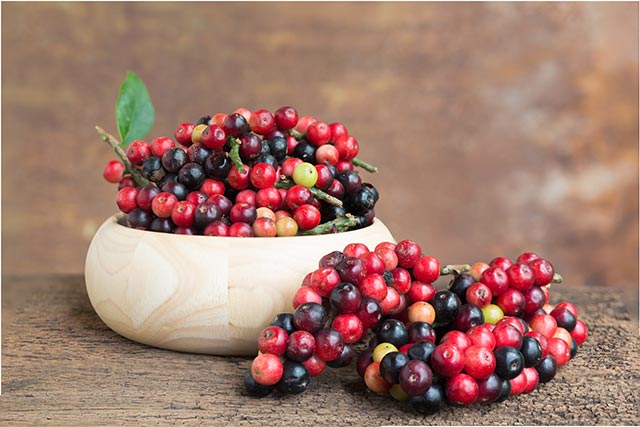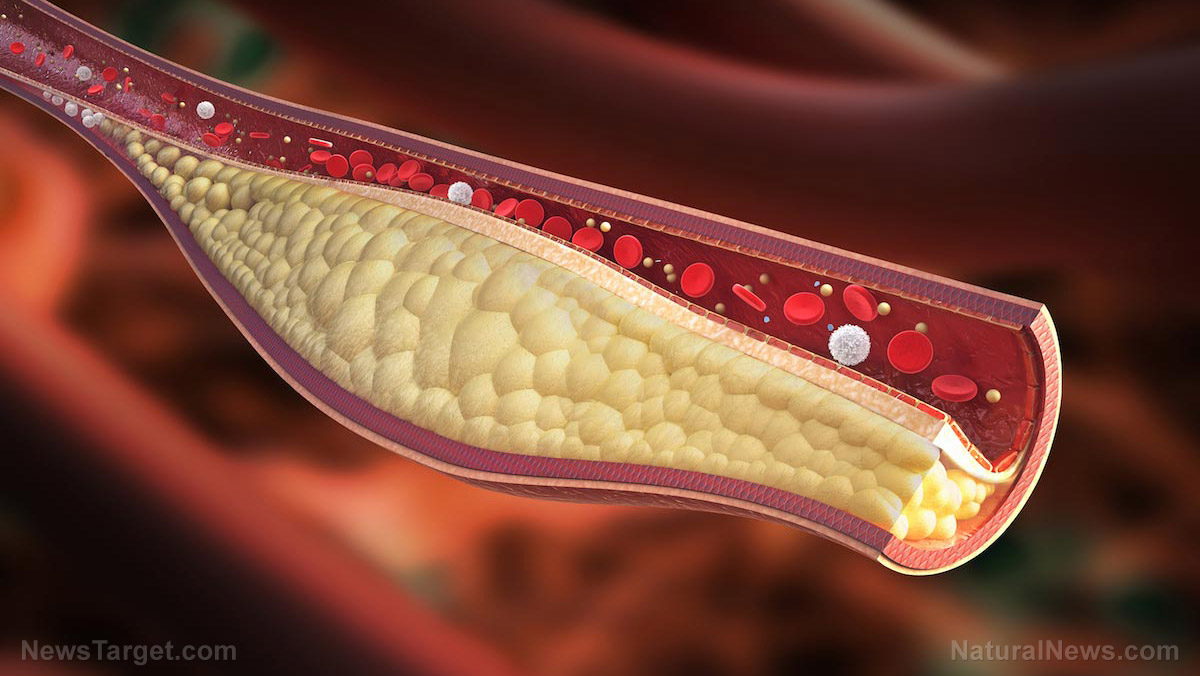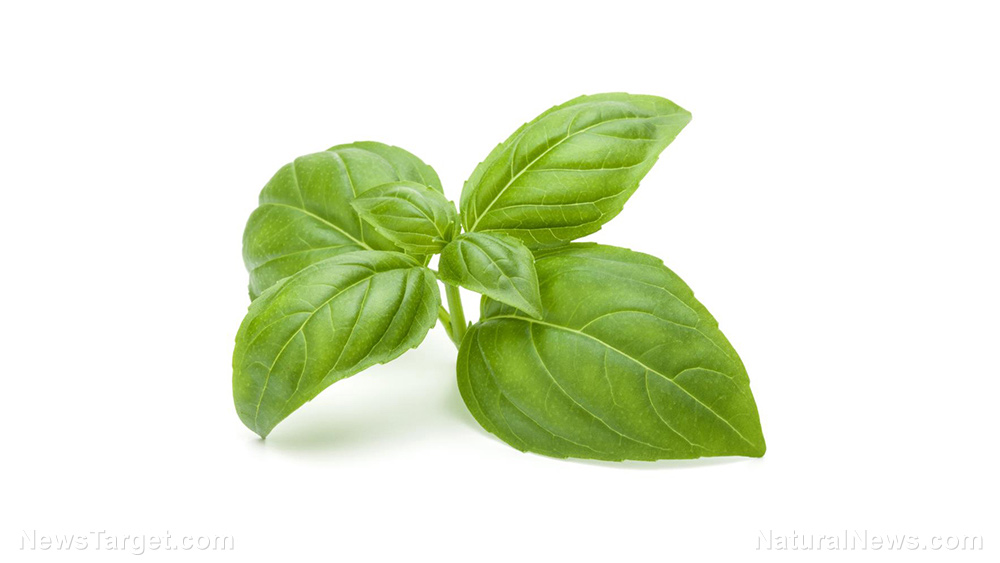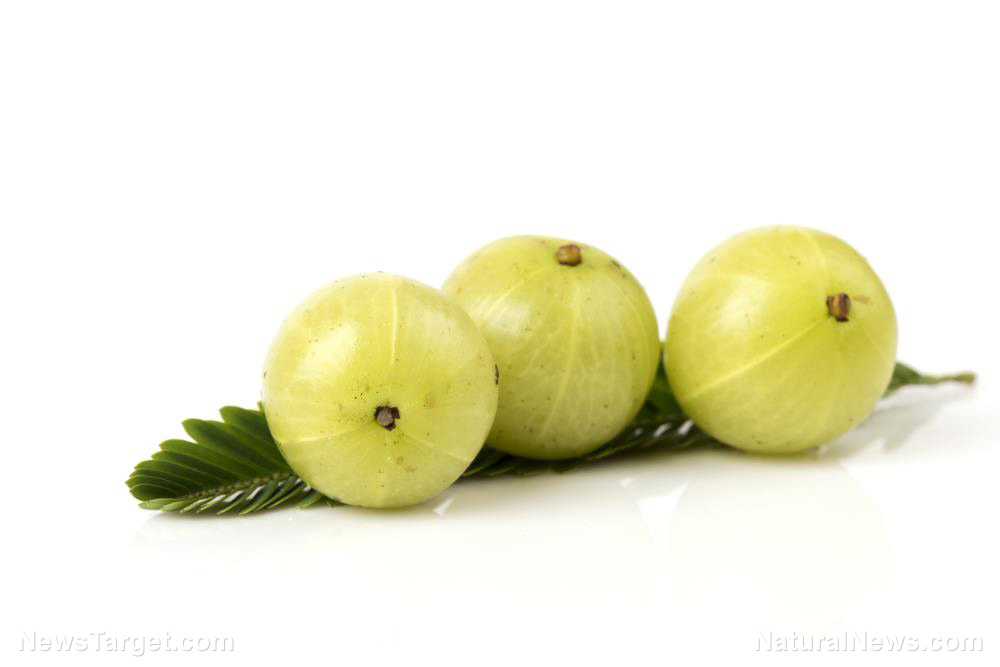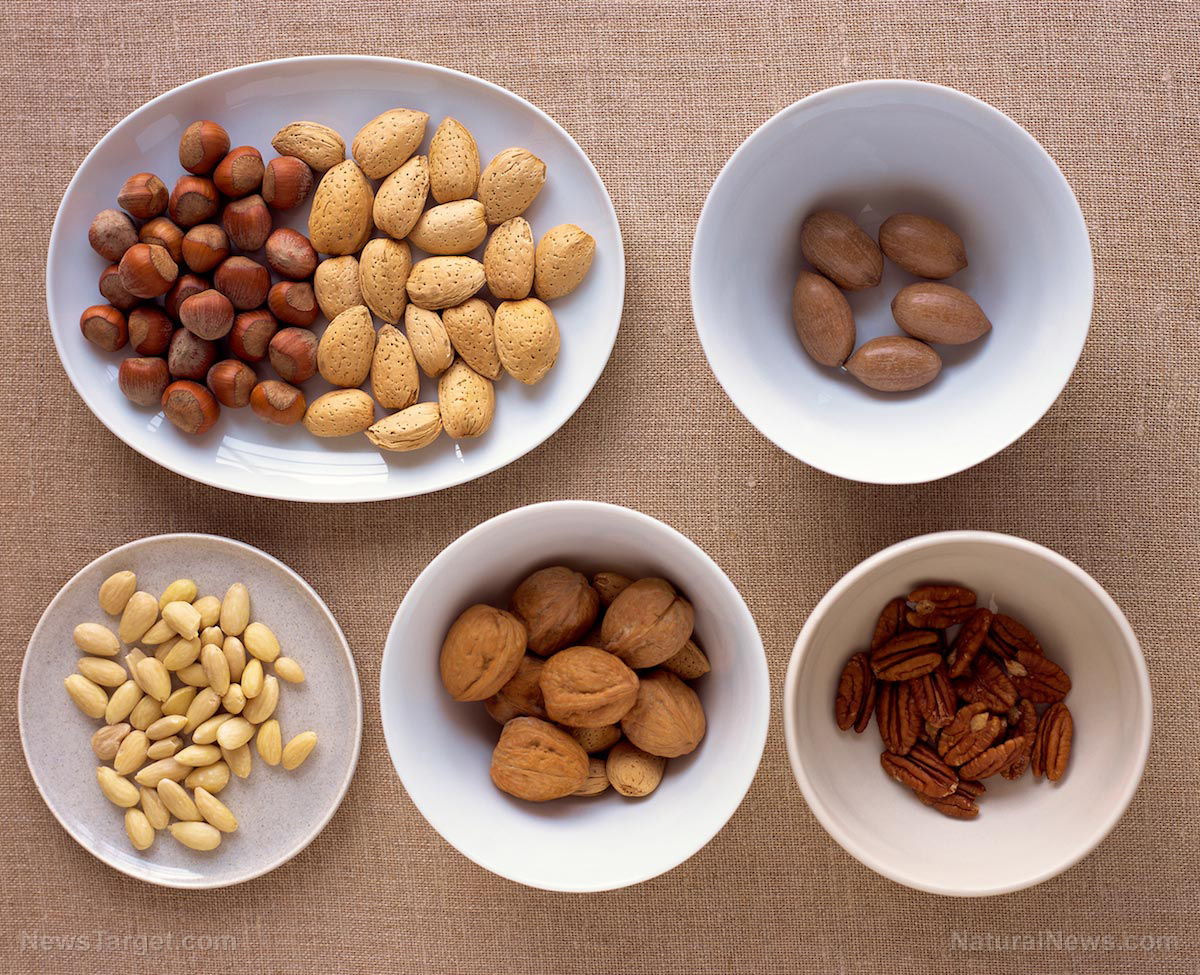For the men: Multivitamins can keep heart disease at bay
04/16/2019 / By Michelle Simmons
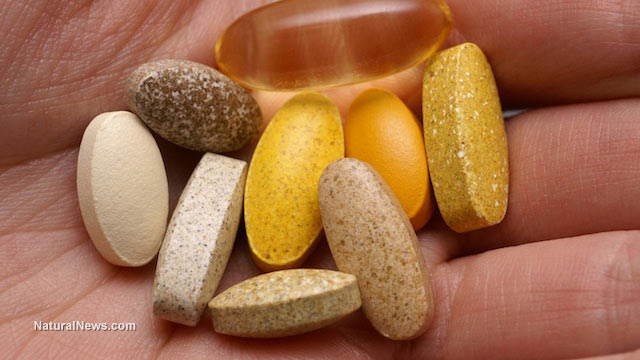
Taking quality multivitamins is a way to get the nutrients your body needs that you don’t get from your diet. A study suggests that men who have taken multivitamins for a long time are less likely to experience major cardiovascular disease events, such as heart attack, stroke, and even cardiovascular disease-related death.
Many people take multivitamins because they are said to improve or maintain health. However, few studies are available on the potential role of multivitamins in the prevention of cardiovascular disease. Therefore, a team of U.S. researchers investigated whether multivitamin use was linked to the incidence of major cardiovascular disease events, such as heart attack, stroke, and cardiovascular death, in a long-term, prospective study in men.
In conducting the study, the research team followed 18,530 healthy men aged 40 years old or over from 1982 to 1995. The participants were initially enrolled from the Physicians’ Health Study I cohort. As part of the study, all participants provided a wide range of self-reported lifestyle and clinical factors. They also self-reported their intake of selected foods and dietary supplements.
Throughout the follow-up period, the research team recorded 1,697 incident cases of major cardiovascular disease. They also found that there was no association between current multivitamin use and the risk of major cardiovascular disease events like heart attack, stroke, or cardiovascular disease-related death.
However, the team found that multivitamin use was significantly associated with a 14 percent lower risk of cardiac revascularization. In addition, they discovered that men who reported at least 20 years use of multivitamins had a lower risk of major cardiovascular disease events.
Published in The Journal of Nutrition, the findings of the study suggested that taking multivitamins for at least 20 years may lower the risk of major cardiovascular disease events, such as heart attack, stroke, and cardiovascular disease-related death.
Choose the right kind of supplements
Many multivitamins sold in the market are not made from whole foods and natural sources. Instead, they are composed of fillers, added sugars, colorants, and synthetic nutrients. These are useless because the body can’t use nutrients it does not recognize or cannot absorb. This is why it is important to always check the labels to verify what kinds of nutrients they use. However, many supplements that are labeled “natural” only contain 10 percent natural ingredients, so watch out for these. Any nutrients in the “dl” form are also synthetic.
Foods for better heart health
You do not have to take multivitamins for 20 years to keep your heart healthy. You can get heart-healthy nutrients from foods. Here’s a list of foods you can add to your diet for a healthy heart:
- Avocados: Avocados are packed with monounsaturated fats and potassium that are known to lower blood pressure, cholesterol, and risk of metabolic syndrome.
- Edamame: Edamame, an immature soybean widely-used in Asian cooking, contains soy isoflavones, which have been shown to help lower cholesterol levels. This food also contains fiber and antioxidants, which are also good for the heart.
- Fatty fish: Fatty fish such as salmon and mackerel contain high amounts of omega-3 fatty acids, which are known to keep the heart healthy.
- Garlic: Studies have shown that garlic helps lower blood pressure and cholesterol and prevents blood clot formation.
- Green tea: Green tea contains high amounts of polyphenols and catechins, which serve as antioxidants to prevent cell damage, reduce inflammation, and protect the heart. Green tea has been linked to reduced levels of cholesterol, triglycerides and blood pressure.
- Leafy green vegetables: Leafy greens like kale and spinach are rich in vitamin K and nitrates – both of which protect the arteries and lower blood pressure.
- Olive oil: Rich in antioxidants and monounsaturated fats, olive oil has been associated with lower blood pressure and heart disease risk.
- Seeds: Research has shown that eating seeds like chia and flaxseeds may improve several heart disease risk factors, such as inflammation, blood pressure, cholesterol, and triglycerides.
- Whole grains: Rye, brown rice, quinoa, and other whole grains are rich in fiber, which may help lower cholesterol levels and heart disease risk.
Read more news stories and studies on preventing cardiovascular disease by going to Prevention.news.
Sources include:
Tagged Under: alternative medicine, cardiovascular diseases, cardiovascular health, heart attack, heart disease, heart health, multivitamins, nutrition, prevention, research, stroke, supplements



